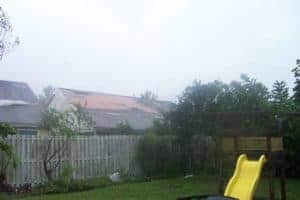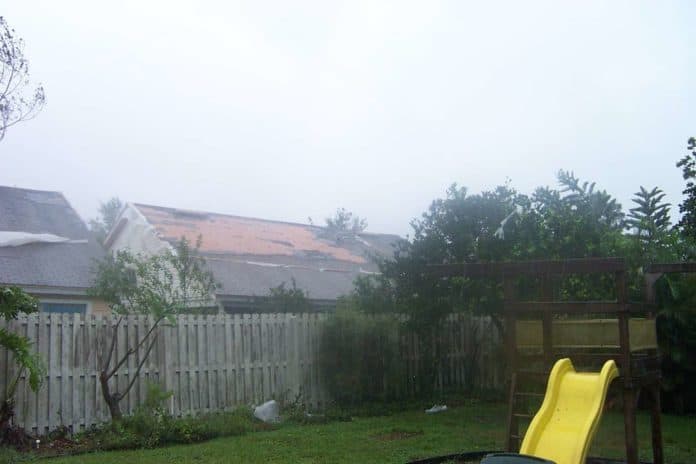 TALLAHASSEE, Fla. – This week marks the beginning of the 2015 hurricane season in the U.S., and with the significant risk of hurricane damage in Florida – from the state’s extensive coastline to the interior – insurance experts say it’s a good time for Floridians to do a check-up on their insurance policies.
TALLAHASSEE, Fla. – This week marks the beginning of the 2015 hurricane season in the U.S., and with the significant risk of hurricane damage in Florida – from the state’s extensive coastline to the interior – insurance experts say it’s a good time for Floridians to do a check-up on their insurance policies.
Lynne McChristian with the Insurance Information Institute says with needs and property values constantly changing, it’s best to check the status of coverage every year.
“The most important thing is to have an annual conversation with your insurance company or insurance agent,” she says. “You need to make sure your homeowner’s insurance policy is enough to rebuild your home in the event of a disaster.”
The relatively quiet hurricane seasons of recent years have enabled the state to build up its Hurricane Catastrophe Fund to $17 billion. The state-run Citizens Property Insurance Company, created when many private insurers wouldn’t write policies in Florida after a series of damaging storms, has more than $7 billion in reserves.
While many property owners are protected, McChristian says the state’s large number of renters are not, unless they’ve purchased a renter’s policy.
“A lot of renters neglect to get property insurance, because nobody forces them to get it,” she says. “A landlord’s insurance does not cover your personal possessions.”
McChristian says it’s important to remember that flood insurance is not included in standard property insurance policies, but is something all Florida homeowners should consider.
“Even if you don’t live in a high-risk area for flooding, you really need to think about flood insurance,” she says. “We have inland bodies of water in Florida, and you may have a storm surge that could push water inland. That water has to go somewhere.”
According to AAA, one in five Floridians has flood insurance. On average, a flood insurance policy costing 85 cents a day will cover $100,000 in structural damage.
Hurricane Season: Insuring Against Worst-Case Scenarios
Author Profile


